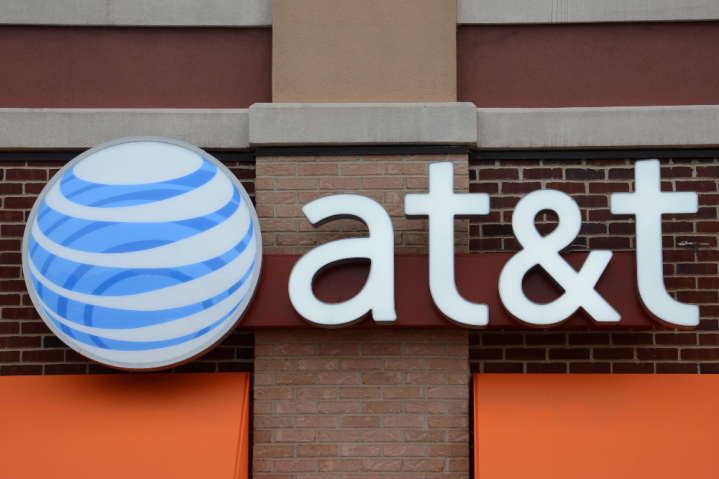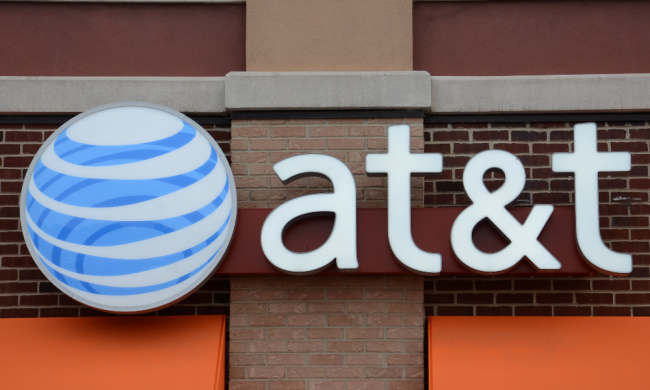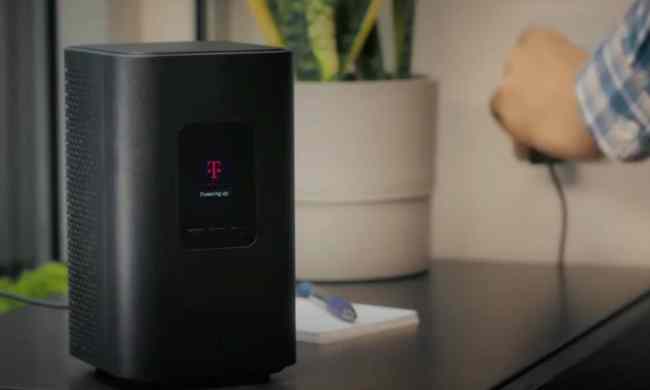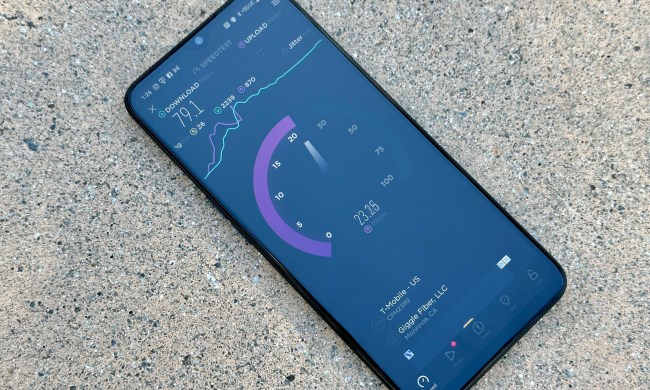
Last Thursday was a bad day for AT&T. Early in the morning on February 22, AT&T’s network went down for thousands of people across the U.S.. The network was offline for hours and outage reports on Down Detector peaked at nearly 75,000. It was eventually fixed, but the damage was still done. Thankfully, if you were among the many people impacted by the outage, we have some good news for you.
On February 24, AT&T published a page on its website called “Making it right.” In short, if your AT&T service was down and you were affected by it, you’re getting a discount on your next bill. The AT&T page reads as follows:
“We apologize for Thursday’s network outage. We recognize the frustration this outage has caused and know we let many of our customers down. We understand this may have impacted their ability to connect with family, friends, and others. Small business owners may have been impacted, potentially disrupting an essential way they connect with customers.
“To help make it right, we’re reaching out to potentially impacted customers and we’re automatically applying a credit to their accounts. We want to reassure our customers of our commitment to reliably connect them – anytime and anywhere. We’re crediting them for the average cost of a full day of service.”
So, how much is that credit? A whopping $5! Don’t go spending it all in one place. Free money is free money, but when it’s such a small amount for phone bills that can be easily be $100 or $200 a month for some folks, it’s hard to get too excited about this.
Your AT&T account should be credited automatically, but if you were impacted and don’t see your credit appear, you can try contacting AT&T customer support to make sure you get the $5 to which you’re entitled.



